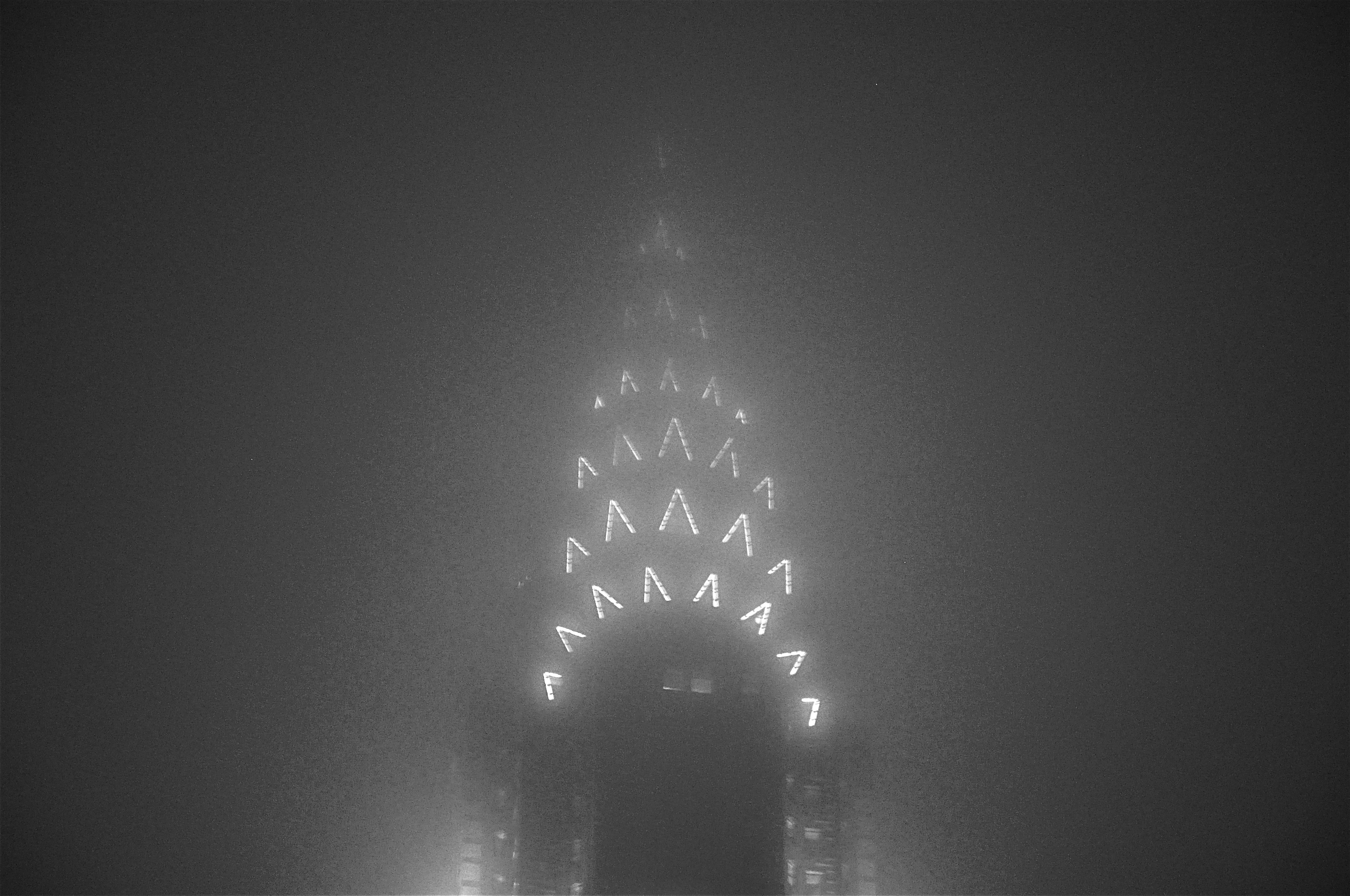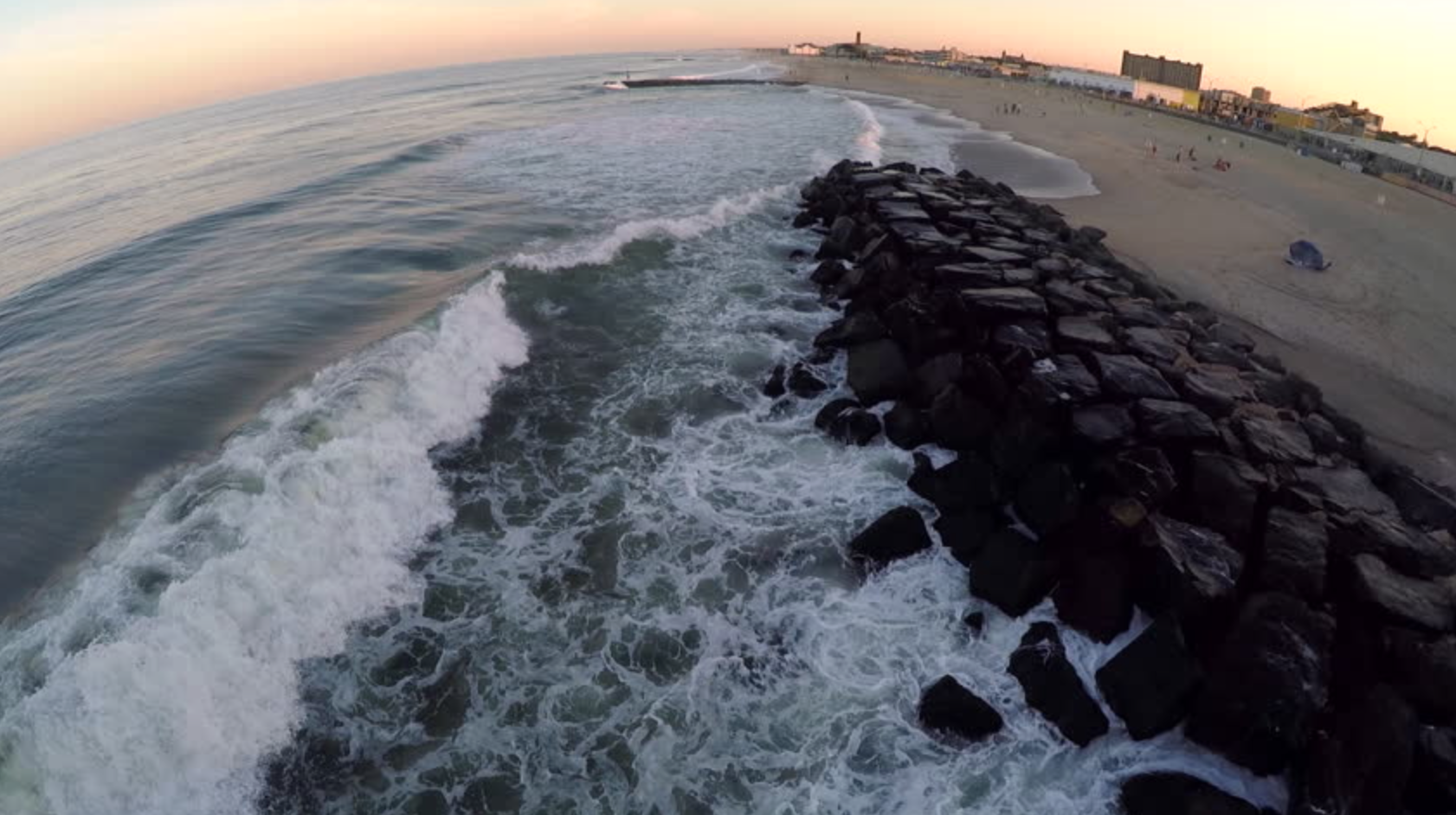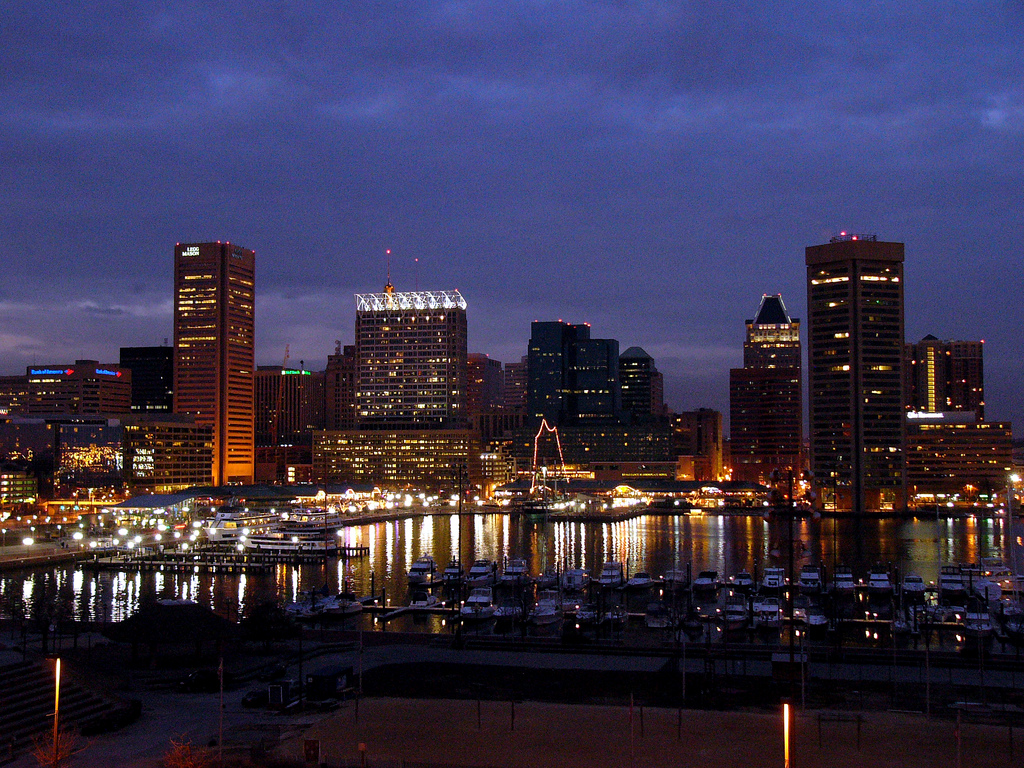Tourists and Travelers
I happened to glance down at the book on the shelf underneath the coffee table. The pages were weathered, its front cover a portrait of a giant desert sand dune. I opened the first page of Paul Bowles’ novel The Sheltering Sky and was riveted by the first paragraph. Suddenly I couldn’t hear the bustling outside the open office door. The rickety cars passing by on the barely paved street became silent and I didn’t notice the dust and immense heat floating into the office. It takes a true work of carefully crafted art to absorb my entire being like that and I somehow knew the second I found the treasure that it would be one of those life-changing books.
I had only a few days left in Ghana when I started the book but the Ghanaian Light for Children director Mike told me I could keep it. The story took place just after WWII in the deserts of North Africa where three American travelers found themselves in a symbolic land of pure psychological terror. As I fervently read each page, it was just me and the author, Mr. Bowles, along with the fascinating characters of his imagination. There’s something special about starting a book about Africa while you’re in Africa. In fact, it had happened to me each time I visited the continent, and always toward the end of my stay. I had no part in the matter, the books seemed to fall in my lap. I remember the first one clearly, while in Kenya in 2006 I came across A Distant Grief by Kefa Sempangi, a Ugandan who had survived under the reign of Idi Amin. The true story was incredibly moving, the words and the account leaving a mark on my life forever. The second time in 2007 was The Last King of Scotland by Giles Foden, another story that took place in Uganda under Idi Amin but this one was fiction. Foden’s perspective helped shape my own. In 2012 I came across The Media and the Rwanda Genocide. It was in my journalism prime and the book opened my eyes in ways I had never known. All of these books somehow met me exactly where I was, both physically in Africa and mentally in whatever place in life I happened to be at. I should have expected a book to show up in Ghana, but each of these instances had been unexpected.
On our last day at Feyaise school where we had been teaching art classes to the children, I opened a duffle-bag packed with leftover copies of the magazine I work for, The Ocean City Sun. I gave each child a copy and their eyes blazed with enthusiasm, grasping and marveling at the colorful publication. They couldn’t believe that the gift was theirs to keep! Some of the children started to draw the pictures on the front cover and the advertisements. The teacher walked over to me and smiled big and bright, “We can use these so that the children can learn reading, writing and art,” she said, explaining how the school lacked a library and books. In that moment I was so glad I had kept the extra copies. Little did I know that they would be used for such an incredible purpose to enrich the lives of some of the most beautiful, amazing children half a world away. Surely nothing was wasted, not one single copy.
On our second to last day in Ghana we took the bus five hours from Kumasi back to the capital city of Accra on the Atlantic Ocean / Gulf of Guinea. Even though it’s only about 150 miles between the two cities it takes every bit of five hours because of the treacherous road conditions, pot-hole infestations, desert, jungle, mountains and red dirt paths. The bus bounced and barreled its way through a massive sub-Saharan downpour.
The important difference between tourist and traveler is that the former accepts his own civilization without question; not so the traveler, who compares it with the others, and rejects those elements he finds not to his liking. Surely I was heading back to the States a changed person; once again enthralled by all that was Africa. The tourist thinks about home the second he arrives on foreign soil whereas the traveler never looks at it as arriving but rather a journey where the whole thing is open to wherever it might lead, sometimes not sure if they will come back. For me, I travel for the fullness of the human experience, to be a part of other cultures, learn languages, discover the history behind a place, eat questionable as well as delicious foods, but most of all for perspective. Comfortable conformity to ones own society is lethal. We were put on this planet, I don’t quite understand those who have no desire to explore every inch of it.
I’ll never get tired of the exhilarating thrill, the footloose excitement and danger, the escape where unexpected divine appointments occur, connections are made and the entire experience is open to change course.
Under the West African sky I read the words of Paul Bowles, a true traveler:
How many more times will you watch the full moon rise? Perhaps twenty. And yet it all seems limitless.
How fragile we were under the sheltering sky. Behind it, a vast dark universe and we’re just so small.





